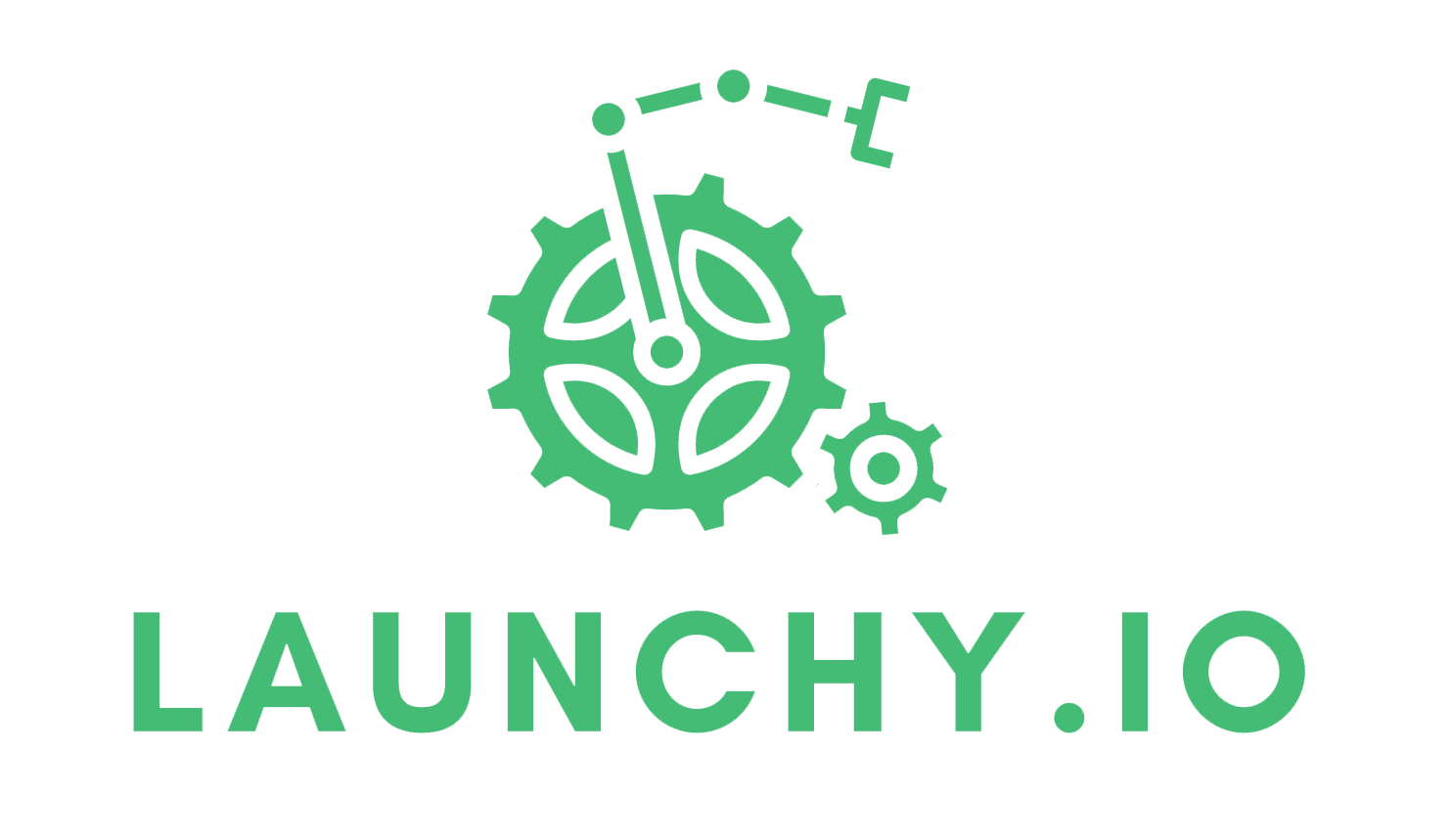Among the industries which have benefited extensively from software to automate business processes, is the allied healthcare industry.
Providing excellent healthcare services for patients is a top priority for allied healthcare providers. However, it can also be taxing on professionals working in this industry, as juggling multiple responsibilities without the help of technology to automate processes can be challenging.
Performing tasks manually also takes up a huge chunk of employees’ time, energy, and resources. This reduces their flexibility to focus on high-value tasks.
Miscommunication and misalignment of direction tend to be counterproductive for the allied healthcare industry. It stalls productivity and requires higher operational costs to be forked out to make up for the blunders made during the exchange of information.
Reaching out to patients is also a crucial element in a healthcare provider’s effort to boost their ROI and build their brand awareness. Without investing in the right technology, marketers working in this industry may devise ineffective marketing strategies that result in a low patient turnover rate and revenue from their marketing efforts.
That said, how can business process automation software improve marketing campaign pipelines and other processes in the allied healthcare industry? Let’s explore this in further detail below.
1. Automated tasks
Managing customer data and creating a database that stores different information regarding a clinic’s processes can often be labour-intensive and time-consuming.
With the help of business process automation software, allied healthcare employees can free up their time to focus on improving patient care quality and other high-value, innovative tasks.
Besides that, automation software has the properties to minimise or completely eliminate processing errors or inaccuracies due to human neglect. This helps to continue the productivity cycle while minimising the operational costs required to fix human errors.
Ultimately, these process efficiencies can lead to faster and more efficient healthcare delivery, and increase the chances of better patient outcomes.
2. Improved data analytics and diagnostics
Allied healthcare providers collect a lot of data in a single business day. More often than not, these data are often underutilised and scattered about in the clinic’s database.
However, with business process automation software, employees can access valuable data and insights that can improve their decision-making processes. This is especially helpful when tailoring specific medical requirements for a particular patient.
With more accurate diagnosis and treatment, the patient experience can be improved, which in turn improves customer satisfaction. This betters the reputation of the healthcare facility and thereby helps generate higher revenue.
3. Enhanced post-treatment care reminders
Using software to automate business processes, post-treatment care is more manageable and efficient. Patients can receive important reminders and actions, such as when to take their medication, how to maintain a balanced diet, and how to customise their meal plan.
This technology can also collect data that will be useful for follow-ups, such as the patient’s blood pressure. If there are test results that show worrying signs, a healthcare professional can be alerted via the automation software.
This software serves as a benefit for both healthcare professionals and patients—patients can recover from home while healthcare facilities can make space for patients who require more serious or emergency procedures.
4. Organised appointment schedules
Occasionally, it can be challenging to make changes to an appointment between a patient and a doctor through a manual booking. With its ability to automate electronic records and scan incoming customer data, business process automation software enables healthcare facilities to arrange appointments between the patient and the doctor more easily.
Appointment details are automated based on patient symptoms or suspected diagnoses, location, doctor availability, and available time slots for both parties.
Making changes to appointment schedules is also easier with business process automation software as the patient can select another date subject to the healthcare facility’s discretion. This increases the patient satisfaction rate while also relieving healthcare professionals from time-consuming, manual appointment scheduling tasks.
5. Streamlined billings, payments, and claims
As mentioned previously, one of the biggest perks of using software to automate business processes is that human-based errors can be eliminated and instead, processed to convert bills into invoices quickly and accurately.
Bills are accurately generated by streamlining healthcare payments, combining costs such as tests, medicines, food, and doctor fees.
In addition, using software to automate business processes can ensure allied healthcare facilities send personalised reminders if there are payment delays and process time-consuming health claims.
Improve allied healthcare processes by using software to automate business processes
Allied healthcare professionals have to juggle many responsibilities on a daily basis. However, they also have to keep their productivity high and manage customer relationships well to generate revenue. To do this, business process automation software helps streamline and simplify processes involved in managing patients and other healthcare-related processes.
Schedule a consultation with experts in business automation today to boost workforce productivity, reduce operational costs, and generate higher revenue for your healthcare facility.

